 Donald Trump departs the courtroom after being found guilty on all 34 counts in his hush money trial at Manhattan Criminal Court on May 30, 2024 in New York City. Photo: Justin Lane/Getty Images
Donald Trump departs the courtroom after being found guilty on all 34 counts in his hush money trial at Manhattan Criminal Court on May 30, 2024 in New York City. Photo: Justin Lane/Getty Images ![]()
Dylan is a senior researcher at the Revolving Door Project, where she leads RDP’s Economic Media Project.
In his first term, Donald Trump appeared to be gunning for the title of most corrupt president in U.S. history. But after taking advantage of four years on the sidelines to ruminate about how to do better, he’s blown all competition completely out of the water in the nine months since retaking the Oval Office.
Trump set off a media firestorm in 2017 by breaking from tradition and not placing his assets in a blind trust, instead choosing to entrust them to his children. The conflicts of interest invited by this farce were met with lawsuits, and #Resistance activists spoke about the emoluments clause of the Constitution as though they were constitutional law professors. Some reporting called this a “halfway blind” trust, which is sort of like a halfway-cooked chicken in that, for practical purposes, it’s a nonstarter. But after Trump left office in 2021, the Supreme Court dismissed the lawsuits, and Merrick Garland, Biden’s spineless attorney general, slow-rolled any investigations into the former president.
Faced with few consequences for this first round of graft, Trump and company have flouted even the appearance of adhering to ethical guidelines since his reelection in November. The presidential transition process was delayed by the Trump campaign not filing internal ethics guidance for the transition team, and the inauguration fund’s coffers were filled with many millions of dollars from donors eager to get on the president’s good side. That panhandling set the tone for the administration.
In October, a Trump benefactor gave $130 million to stave off what would have been a major political liability and cover the paychecks for service members during the government shutdown. The office space Eleanor Roosevelt once occupied has been unceremoniously bulldozed to make way for a gargantuan ballroom, also being funded by corporate “donations” from the likes of BlackRock, Booz Allen Hamilton, and tech giants like Apple and Amazon. The sticker price of the project has soared from $200 million to $350 million. To add insult to injury, the donors will likely write off their bribes to the latest Trump event venue as charitable contributions, as economist Dean Baker laid out. The president is working to intervene in negotiations around the sale of Warner Brothers–Discovery to ensure that his longtime supporters, the Ellisons, are able to add on to their growing media empire. And that’s just the past couple of weeks!
It’s not for nothing that my colleagues at the Revolving Door Project have had more than enough material for a biweekly rundown in our Corruption Calendar. Citizens for Responsibility and Ethics in Washington also recently published a timeline tracking national and state corruption since January 20.
While Trumpian corruption is striking in frequency, scale, and just how routine it is starting to feel, this administration was the logical endpoint of the long-standing tradition of elite impunity. The second Trump administration is a striking monument to governmental misconduct, but the ground was broken long ago, with both parties laying the foundation. For the past half century, corporate and white-collar crime have gone largely unenforced. This was the result of both a widespread shift in views of governance (à la the Reagan Revolution) and a coordinated plan orchestrated to enable private wealth to hijack our democracy, as David Sirota and Jared Jacang Maher documented in their new book “Master Plan,” building on a podcast of the same name.
Trump himself is a byproduct of the wealthy being empowered to violate the law. Seemingly his entire pre-government career was predicated on getting away with gaming bankruptcy law, committing widespread financial fraud, and racial discrimination. Now, in government, he is employing the “blitzscaling” model pioneered by firms like Uber to break the law faster than anyone can keep up with.
The relentlessness of the Trump administration’s criminality is the point; it becomes borderline impossible to tackle any single instance of corruption if two more spring up by the time you finish reading up on it. This “flood the zone” strategy has been the hallmark of Trump 2.0.
Calls for Democrats to find their way back from the wilderness by forcefully rebuking corporate influence and corruption, something we at the Revolving Door Project have been urging as the cornerstone of progressive politics for years, are multiplying. Politicians, notably Georgia Sen. Jon Ossoff and Connecticut Sen. Chris Murphy, both Democrats, are emerging as anti-corruption champions. To mount a real anti-corruption agenda, though, Democrats must go farther than just condemning the sundry glad-handing of Trump world. There is no appetite for going back to the halcyon days when everyone knew the legal code was merely a suggestion for corporate titans and the ultra-rich, even as they masqueraded as law-abiding citizens.
“ Since 2008, it has only become more apparent that the wealthy play by an entirely different set of rules.”
The Great Recession was a turning point; the extent of corporate lawbreaking in the financial sector was laid bare. And, famously, hardly anyone ever went to jail. Obama-era regulators, in many ways the acme of our last half-century of the hands-off approach to ruling-class misconduct, earned rebuke and scorn as “the chickenshit club,” afraid to square up against the powerful, if not overtly committed to serve elite interests. Since 2008, it has only become more apparent that the wealthy play by an entirely different set of rules.
Trump’s first election was, in part, built on the argument that he knew “how to play the game.” In this telling, his ability to break the rules was actually an asset because he would break them for you rather than just for the powerful. It was always a dubious pitch, but it’s understandable why — faced with the choice between someone trying to convince you the game that’s obviously been fixed is actually not rigged, and someone who tells you how they cheat and promise to help you get ahead a little bit — people would gravitate toward the latter. Part of the early MAGA mythos was built on resignation to the fact that our rule of law is fundamentally perverted to create two parallel tracks of justice: an unforgiving, punitive, carceral system for most people, and a cushy, consequence-free dinner party circuit for the ruling class.
The answer isn’t simply to go back to electing more reasonable politicians. As long as the two tracks of our justice system diverge, the game stays rigged.
Dethroning Trump will not be enough to restore real rule of law; the Biden administration is proof enough of that. Donald Trump was excised from the White House with historically bad public sentiment in the immediate aftermath of a failed coup. Under Biden, the Garland Justice Department tried to wind the clock back to 2016 and resume operating the way establishment politicians did in the 1990s and 2000s. It failed spectacularly, allowing bad actors like Elon Musk to grow ever more powerful while continuing to flout the law with impunity. The result was an embittered Trump who faced no real repercussions for his corruption — the worst-case scenario.
If and when Democrats control the executive branch again, they will have an even more daunting task after the second Trump term than they did the first, and their existing body of work does not inspire confidence. Business-as-usual enforcement did not fail to rein in corruption over the last four years because of strategic missteps. It failed because it is incapable of rooting out undue elite influence that’s baked into the very essence of the way we became accustomed to enforcing the law. Trump is an extreme example, but he is the logical extreme.
As Trump pardons business associates, sets up meetings for his children’s business interests with foreign leaders, and grows his personal wealth, the consequences of failing to hold the powerful to account are more obvious than ever. The answer isn’t simply to go back to electing more reasonable politicians. As long as the two tracks of our justice system diverge, the game stays rigged and the Trumpian appeal to America’s id will stay firmly entrenched.
To dislodge the hold that corruption has on our government and restore the rule of law, Democrats will need to decide who they really are — and who they’ll fight for.

 German (DE)
German (DE)  English (US)
English (US)  Spanish (ES)
Spanish (ES)  French (FR)
French (FR)  Hindi (IN)
Hindi (IN)  Italian (IT)
Italian (IT)  Portuguese (BR)
Portuguese (BR)  Russian (RU)
Russian (RU) 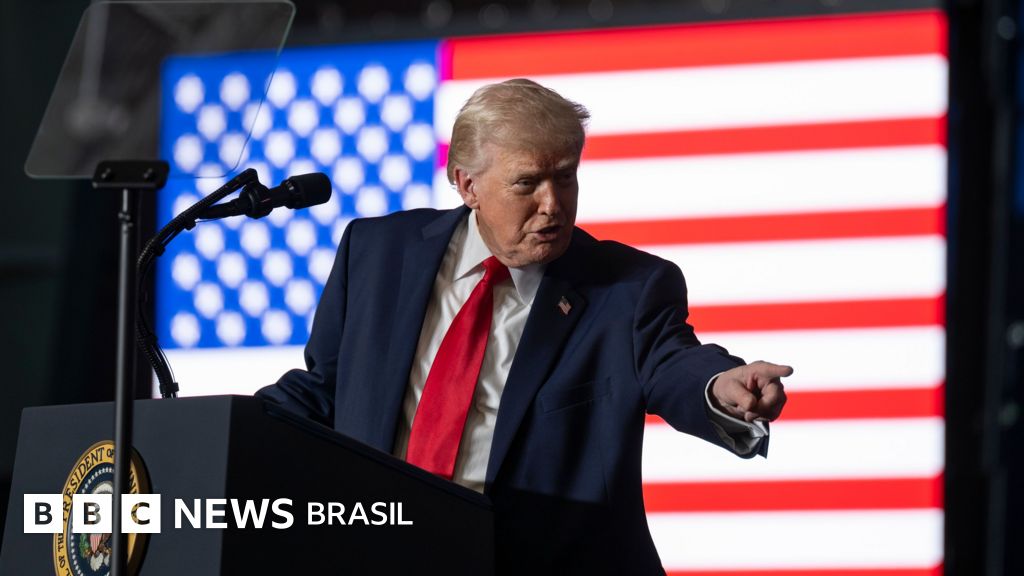
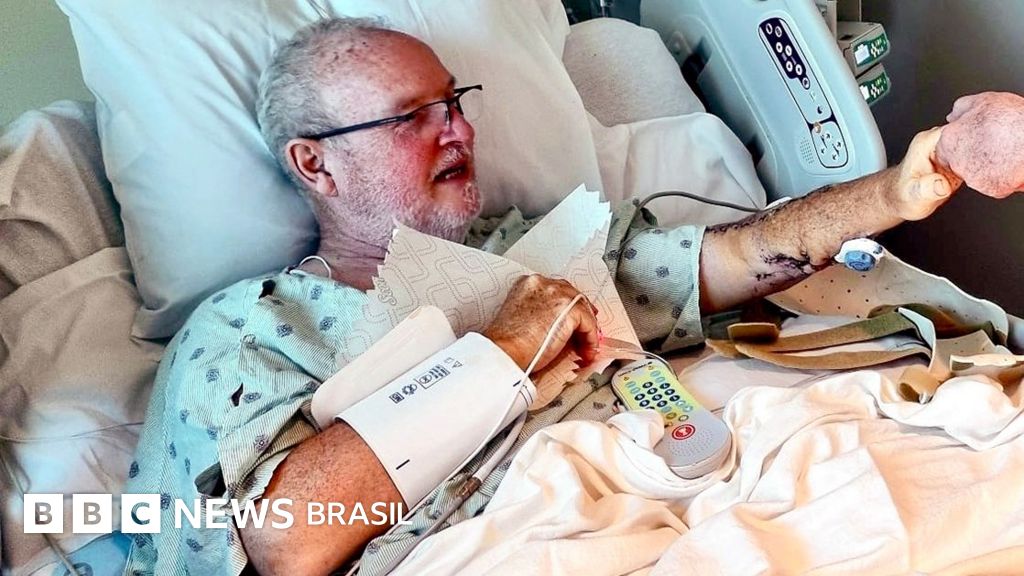


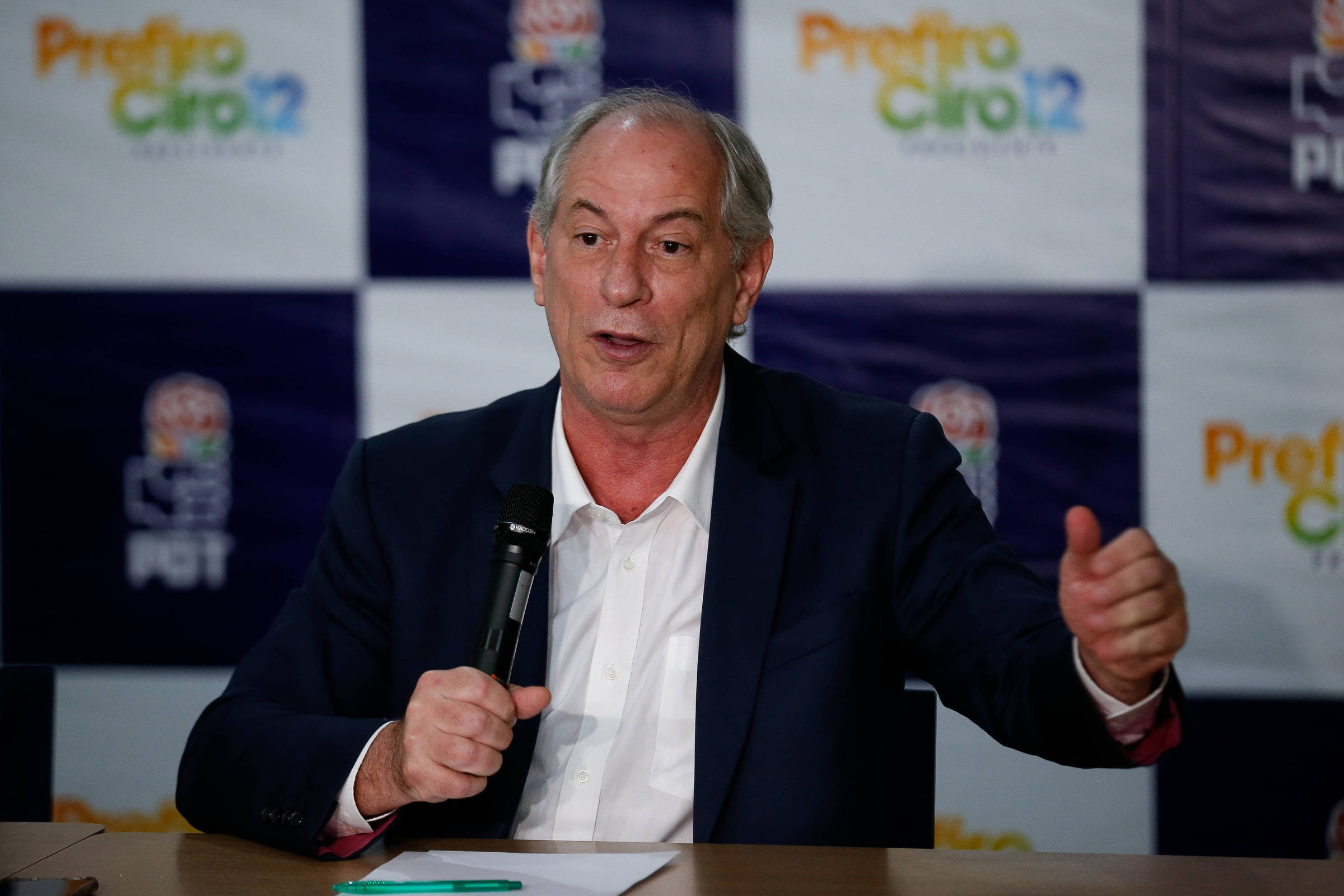

:strip_icc()/i.s3.glbimg.com/v1/AUTH_59edd422c0c84a879bd37670ae4f538a/internal_photos/bs/2023/l/g/UvNZinRh2puy1SCdeg8w/cb1b14f2-970b-4f5c-a175-75a6c34ef729.jpg)
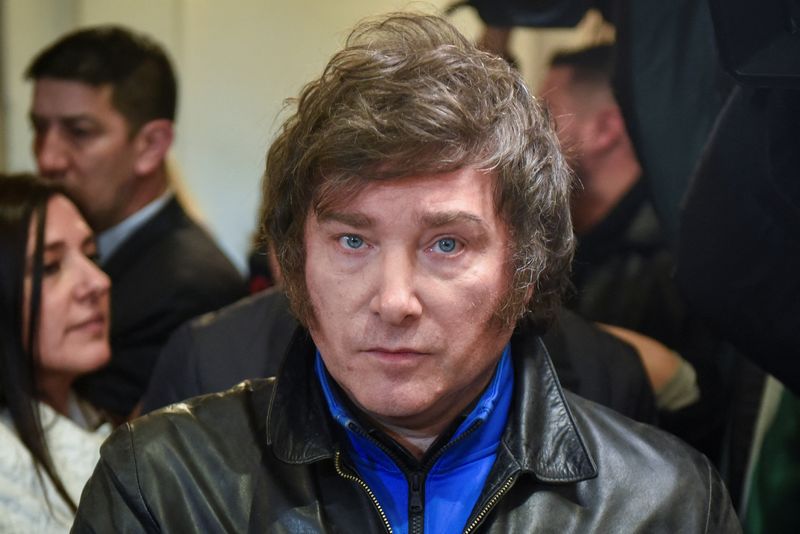
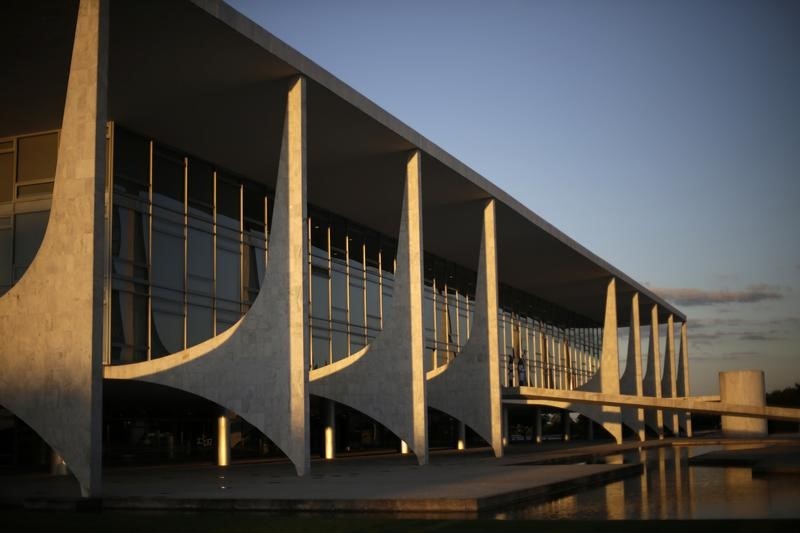
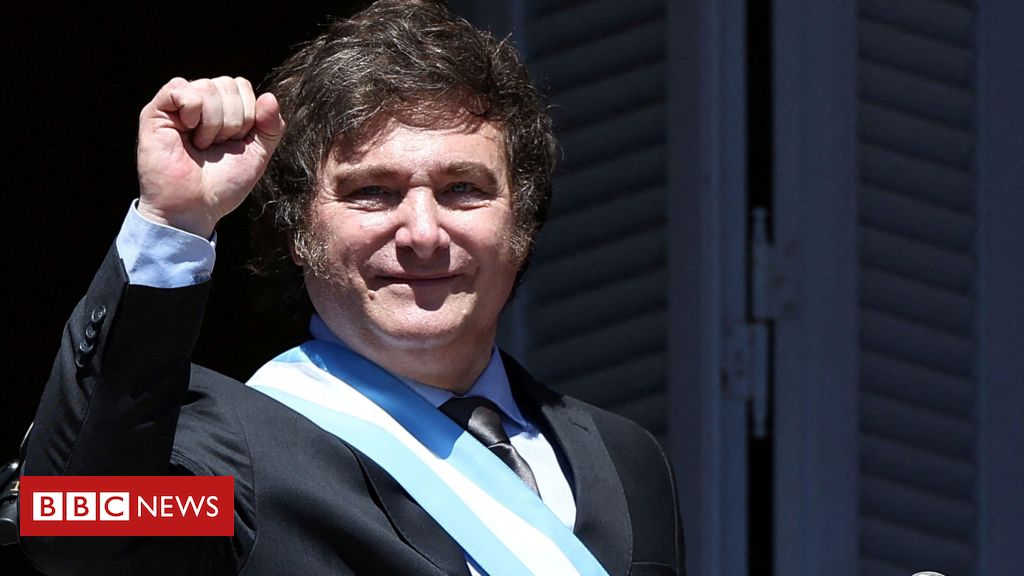
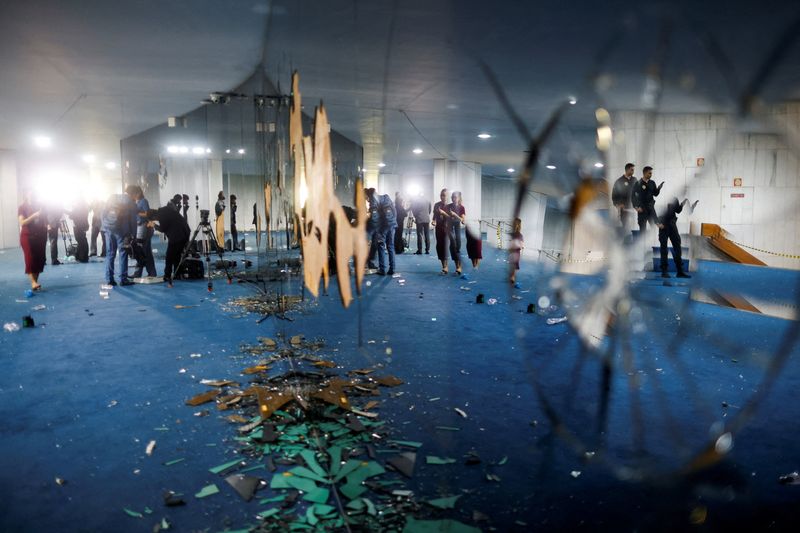

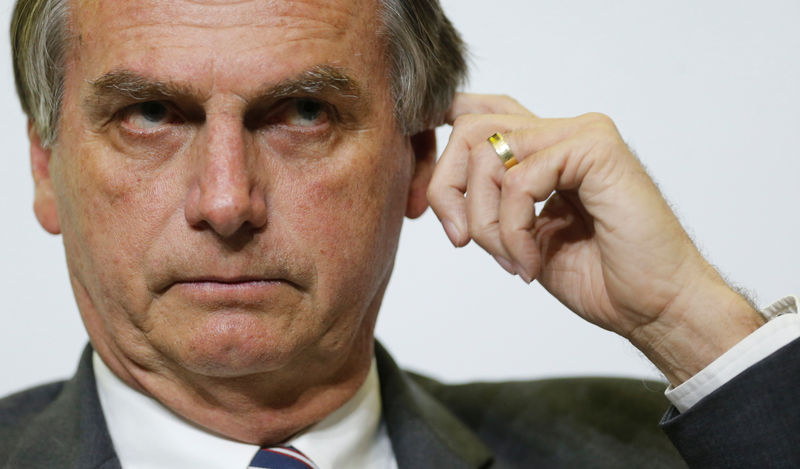
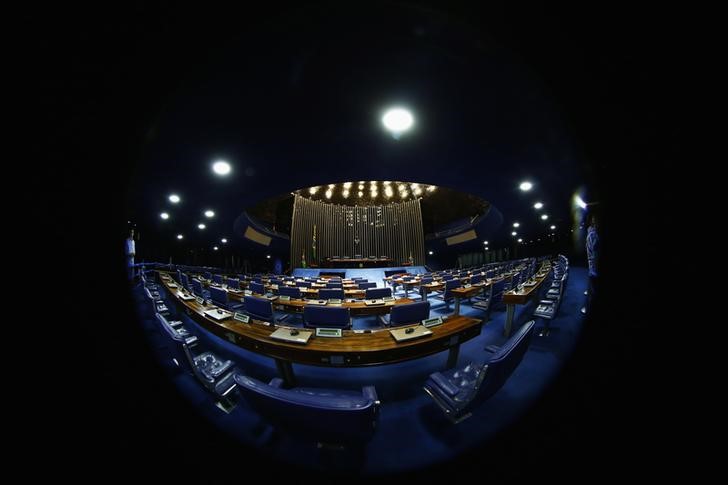
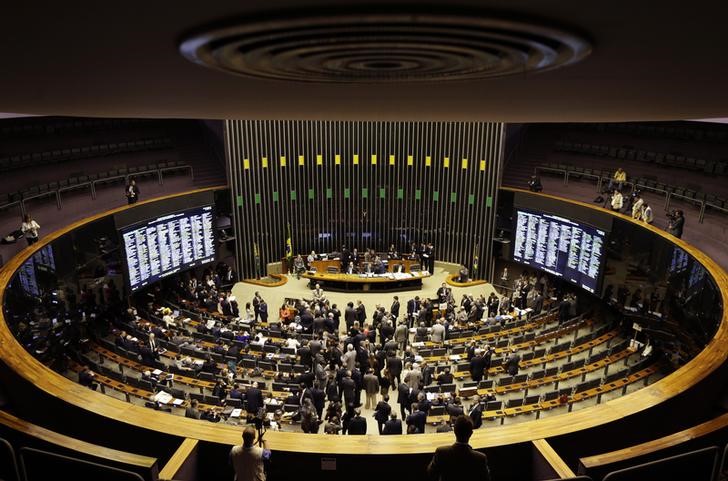

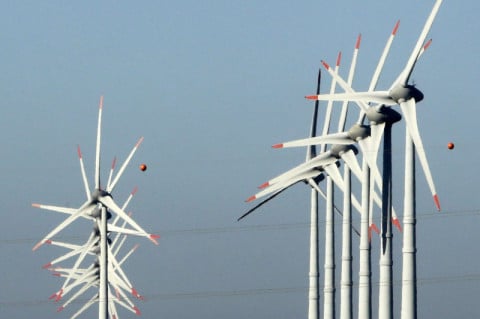
Comentários
Aproveite ao máximo as notícias fazendo login
Entrar Registro